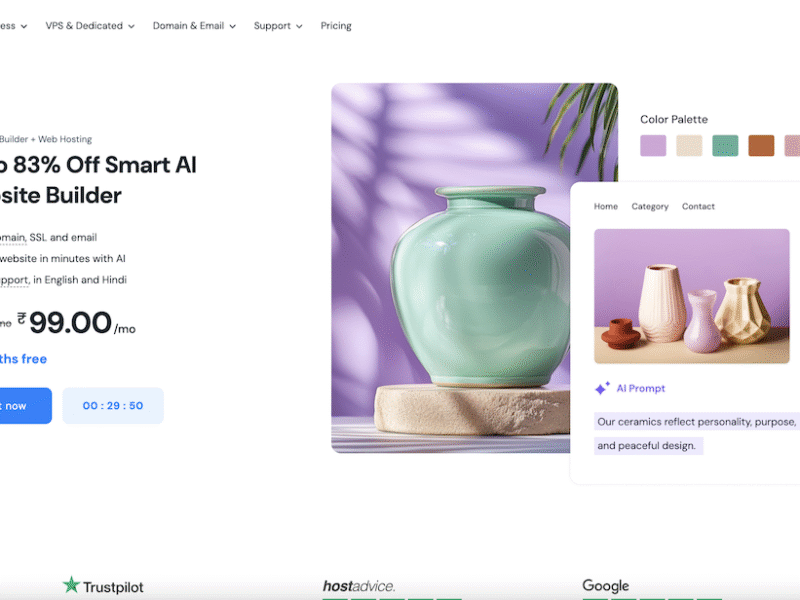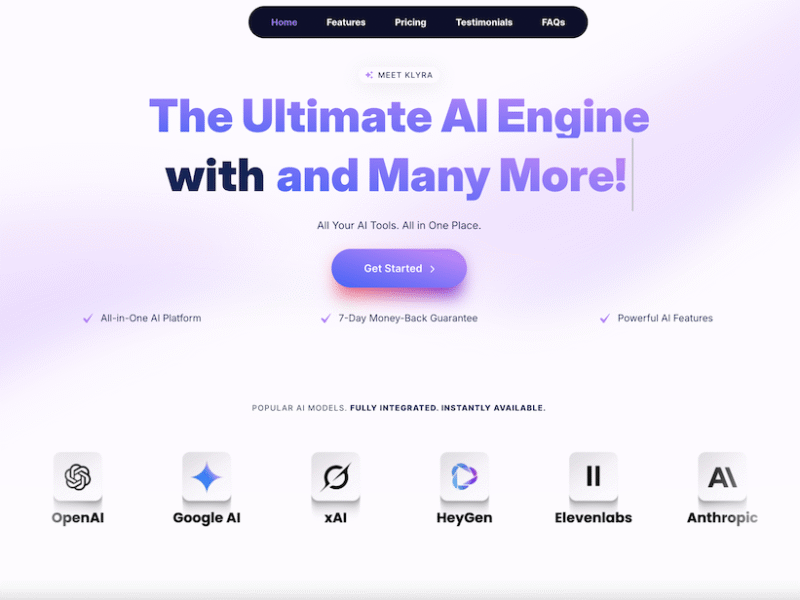Meta Platforms (META) is revving up its AI advertising engine, and Wall Street is eating it up. The company’s stock rose sharply after CEO Mark Zuckerberg revealed that generative AI tools, now embedded into its ad systems, are starting to “meaningfully” impact revenue growth. In classic Zuck fashion, he painted a future where AI not only boosts ad performance but becomes a core part of how people interact with Meta’s apps like Facebook, Instagram, and WhatsApp.
Zuckerberg didn’t mince words during the recent earnings call. “We’re seeing good results from AI-driven ad tools, especially our Advantage+ campaigns,” he noted. For advertisers who’ve been pouring money into Meta’s ecosystem, this probably sounds like music to their ears—or at least the comforting buzz of ROAS (return on ad spend) climbing again [1].
But let’s unpack this a bit. Meta isn’t new to AI—far from it. For years, it’s been using machine learning for content moderation, feed ranking, and facial recognition (until it walked that last one back). The new flavor, though, is generative AI, which powers features like AI-generated ad copy, automatic image variations, and smart audience targeting. It’s the kind of stuff that lets small businesses punch above their weight. Or at least, that’s the promise.
Over the last few quarters, Meta has rolled out tools like Advantage+ Shopping Campaigns, which use machine learning to auto-generate and optimize ad placements across its family of apps. According to Meta, these tools reduce CPA (cost per action) while increasing conversion rates. Industry insiders say it’s been a game-changer, especially for ecommerce brands.
But here’s the kicker—Meta’s AI doesn’t just help advertisers. It monetizes you, the user, with increasing precision. Through its GenAI ad tech, Meta can predict what you’ll click, when you’ll click it, and even why. The data pool it pulls from is massive—billions of behavioral signals from its 3.8 billion monthly active users.
Some investors, understandably, are giddy. Meta’s second-quarter earnings beat expectations, sending shares up nearly 5%. And while Reality Labs (Meta’s bet on the metaverse) is still hemorrhaging money—losing $3.7 billion this quarter alone—the AI side of the business is starting to look like the grown-up in the room.
There’s a quiet tension behind the scenes though. As Meta leans more heavily on AI, critics are raising flags about transparency and fairness. Who’s auditing the algorithms? Are advertisers getting a fair shake, or are they stuck in a black box system they can’t truly control? And for users, how does AI-driven engagement shape what they see—and what they miss?
Adding another twist to the tale, Meta has started using AI to automatically create entire ad campaigns using just a few inputs from advertisers. While that sounds slick, it also raises philosophical questions: If the machine creates the ad, curates the audience, and delivers the results—what’s left for the human? Are marketers becoming middlemen to the algorithm?
What’s more, there’s the looming question of regulatory pushback. The FTC is already poking around Big Tech’s AI practices, and Europe isn’t exactly sitting on its hands either. Meta’s ad model could find itself in a regulatory vice sooner than it thinks.
Still, there’s no denying the momentum. Meta is setting the tone for AI-driven advertising, and others—Google, Amazon, TikTok—are racing to keep up. If you’re running an online business, especially in ecommerce or content creation, understanding how Meta’s AI tools work isn’t optional anymore—it’s survival 101.
And here’s the honest take: Meta’s AI advertising ecosystem is powerful, slick, and effective. But it’s also opaque, automated to a fault, and teetering on ethical grey zones. It’s a bit like driving a Tesla in autopilot—you’re impressed, but you’re also gripping the wheel just in case.
As the company barrels toward even more automation, the real question isn’t whether it will work (it probably will). It’s whether we’ll still recognize what authentic marketing feels like once everything’s optimized by a machine.

